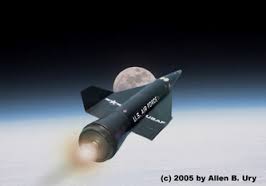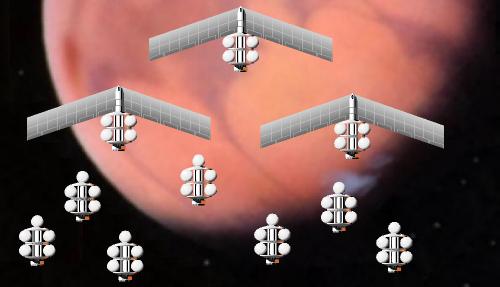Let's suppose anti-gravity/gravity-manipulation/telekinetic technology is found in the near future.
It allows to move large ships (thousands tons) into space from the surface of the Earth with relative ease.
However it comes with nasty side-effect - any electronic device within "field" is short-circuited.
Question is: Is it even viable to continue space exploration without electronics? Using human brain (crew) and mechanical devices and (if possible) chemical mechanisms?
There are obvious problems like navigation, communication, telemetry... Can they be overcome? Or gravity manipulation will be abandoned and people would look for another technology for space travel?
EDIT:
Thanks to commenters! As it was pointed out - electronics can be used when engines are turned off.
What if we increase difficulty a bit - engines ("field") can't be completely turned off (like nuclear reactors can't be stopped fast), or they need a long, energy consuming process of warming up/cooling down so it prevents to switch mode during spaceflight.
EDIT #2:
Thanks for comments! Main goal for question was to justify somehow consistently "advanced on planet civilisation and primitive space naval type battles like in the first half of 20 century", without cultural or law limitations. Probably i ll make another question with this specific goal.


